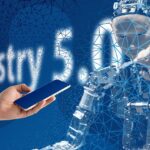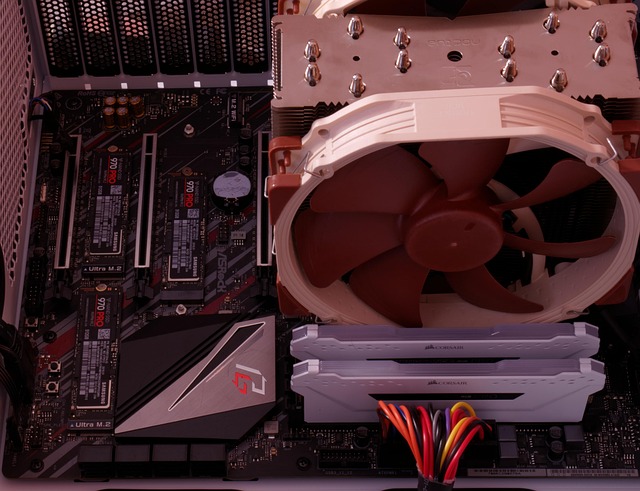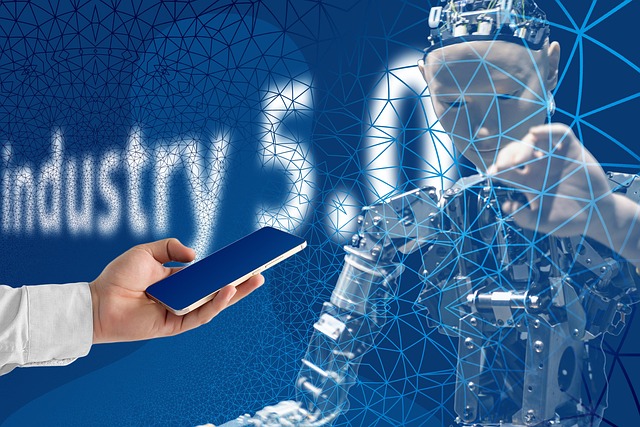# AI Technology in Action: Exploring Its Transformative Effects on Society, Business, and Daily Life
Artificial Intelligence (AI) has rapidly evolved from a niche area of computer science to a cornerstone of modern technology, fundamentally altering various facets of society, business, and daily life. This article delves into how AI technology is reshaping our world, examining its transformative effects across different domains and the implications that accompany its widespread adoption.
## The Societal Impact of AI
In recent years, AI has begun to permeate various aspects of society, influencing everything from healthcare to education. One of the most significant changes has been in the realm of healthcare, where AI-driven tools are enhancing diagnostic accuracy and personalizing treatment plans. For instance, algorithms can analyze medical images with remarkable precision, assisting radiologists in identifying conditions like tumors or fractures at an unprecedented speed. This not only improves patient outcomes but also streamlines the workflow for healthcare professionals.
Moreover, AI’s role in education cannot be overlooked. Adaptive learning platforms utilize AI to tailor educational experiences to individual student needs, fostering a more inclusive learning environment. By analyzing student performance data, these systems can identify areas where learners struggle and provide targeted resources, thus promoting better academic outcomes. As a result, the traditional one-size-fits-all approach to education is being replaced by more personalized pathways that cater to diverse learning styles.
On a broader scale, AI technologies are also influencing social interactions and public policy. Smart city initiatives leverage AI to optimize urban planning and resource management, enhancing the quality of life for residents. Traffic management systems powered by AI can analyze real-time data to reduce congestion, while predictive analytics can inform public safety strategies. However, these advancements raise ethical questions regarding privacy and surveillance, necessitating a careful balance between innovation and individual rights.
## Transformations in Business Operations
The business landscape is undergoing a seismic shift due to AI technology, with organizations increasingly adopting AI-driven solutions to enhance productivity and efficiency. Automation of routine tasks through AI not only reduces operational costs but also allows employees to focus on higher-value activities. For example, chatbots and virtual assistants are revolutionizing customer service by handling inquiries and resolving issues 24/7, thereby improving customer satisfaction while freeing up human agents for more complex tasks.
Additionally, AI is transforming decision-making processes within organizations. Predictive analytics tools analyze vast amounts of data to identify trends and forecast future outcomes, enabling businesses to make informed decisions with confidence. This data-driven approach is particularly beneficial in sectors such as finance, where AI algorithms can assess market conditions and inform investment strategies in real-time. Consequently, businesses that harness AI effectively gain a competitive edge in an increasingly dynamic marketplace.
Furthermore, the integration of AI into supply chain management is optimizing logistics and inventory management. Machine learning algorithms can predict demand fluctuations, allowing companies to adjust their supply chains proactively. This not only minimizes waste but also ensures that products are available when and where they are needed. As a result, businesses can enhance operational efficiency while reducing their carbon footprint, aligning with sustainability goals that are increasingly important in today’s corporate landscape.
## Enhancing Daily Life Through AI
The influence of AI extends beyond professional environments, significantly impacting daily life in various ways. Smart home devices, powered by AI, are becoming commonplace, enabling individuals to automate routine tasks and enhance their living environments. From smart thermostats that learn user preferences to voice-activated assistants that manage schedules, these technologies are designed to improve convenience and efficiency in everyday activities.
Transportation is another area where AI is making a profound impact. The rise of autonomous vehicles is not just a technological marvel; it promises to redefine mobility and urban planning. Self-driving cars, equipped with advanced AI systems, have the potential to reduce traffic accidents, lower insurance costs, and decrease the need for parking spaces in urban areas. As cities adapt to these changes, the implications for infrastructure and public transportation systems will be significant.
Moreover, AI is reshaping entertainment and leisure activities. Streaming platforms utilize AI algorithms to analyze user preferences, curating personalized content recommendations that enhance user experiences. This level of customization not only keeps audiences engaged but also fosters a deeper connection between consumers and content creators. As AI continues to evolve, it will likely play an even more prominent role in shaping the entertainment landscape, influencing everything from content creation to distribution.
## Conclusion
Artificial Intelligence technology is undeniably transforming society, business, and daily life in profound ways. The societal impact of AI is evident in its ability to enhance healthcare and education, while its applications in business are driving efficiency and innovation. On a personal level, AI is enriching daily experiences through smart home devices and personalized entertainment options.
As we navigate this rapidly changing landscape, it is crucial to address the ethical considerations and challenges that accompany AI’s integration into our lives. Balancing innovation with privacy, security, and ethical standards will be essential in harnessing the full potential of AI technology. Ultimately, as AI continues to evolve, it holds the promise of a future that is not only more efficient but also more equitable, paving the way for a society that leverages technology for the greater good.











